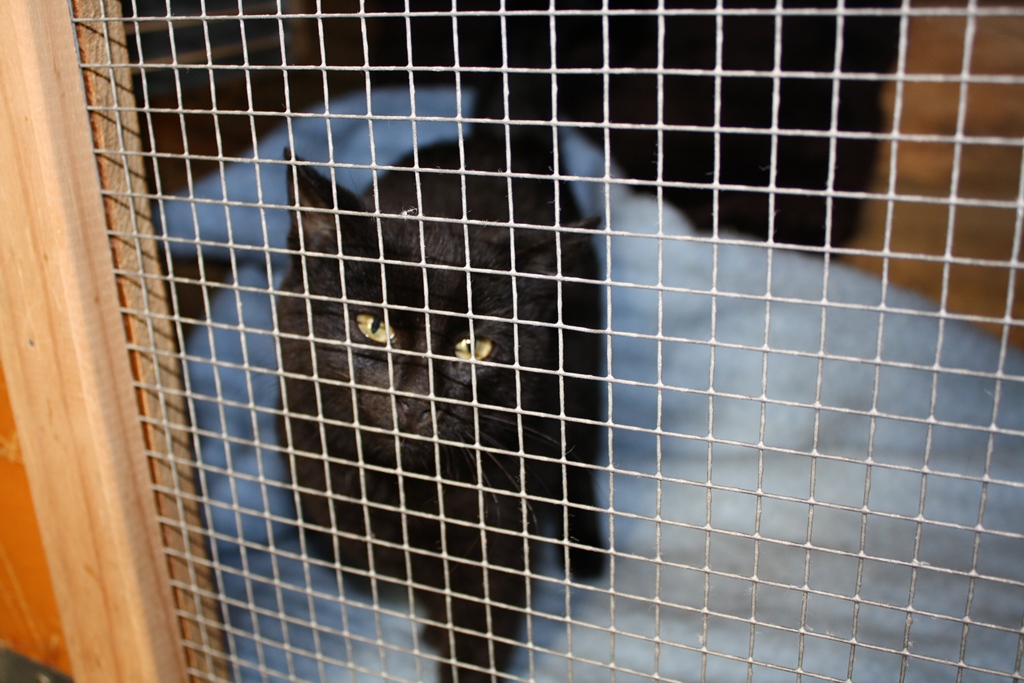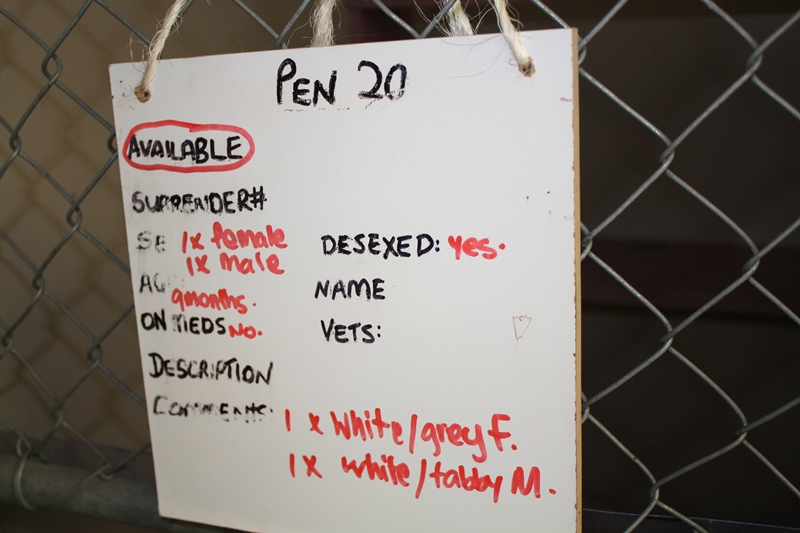$20,000 health drive aims to treat 300 Melville cats
The SPCA is urging Melville residents to bring in sick cats for free health checks – bagging them in pillow cases for the visit if necessary.
Free health checks and desexing operations will soon be available to the feline residents of Melville.
The initiative, aimed at clearing up the “silent epidemic” of sick cats and kittens overpopulating the suburb, came to fruition after a meeting of Carevets, Waikato SPCA and Melville Community House.

A $20,000 donation to the Frankton SPCA has enabled Dr Keith Houston of the Carevet Veterinary clinics to provide a van to treat 300 cats.
The desexing and health check initiative will be run by a booking system at the community house, where the Carevets van will be ready and waiting.
Te Whare Kokonga/Melvillle Community House co-ordinator Holly Snape confirmed the area has had a large number of strays.
“It is a unique initiative, to cater for the stray and unwell cats in the community. We want to up the treatment of flea problems, up the vaccinations, target cats that are breeding by having the cheap desexing facilities,” she said.
According to Waikato RNZSPCA Branch Manager Tracy Wilde it is the cost of treatment and a slow realisation of how quickly a cat can get pregnant that is to blame for explosions of kittens.
“We get endless calls about cats, this is a guesstimate, but a good 80 percent of calls here are about cats,” she says.
“It is amazing how upset people can get about stray cats.”

Dr Houston of Carevets came up with the mobile desexing service off his own bat.
“This is our [Carevets] contribution to the greater welfare of the community, by helping the SPCA meet their aims,” Dr Houston said.
It is not just the breeding that is causing the SPCA site to be inundated with cats, but the diseases that come from overpopulation and poor conditions as well.
With the larger numbers, both domestic and feral felines can become sick by contracting cat flu, parasites, worms or feline aids (mainly from males fighting).
According to Wilde there is a “horrendous amount” of cats and kittens that are sick and dying and the SPCA does not have enough resources and staff time to control it
The “kitten season” brings an overload of pregnant and abandoned animals during the Christmas period when people are not around to care for them.
“Colonies of abandoned and unwanted animals are living in communities and without de-sexing are increasing at an alarming rate. (One male and female cat can produce 400,000 offspring in seven years).”
As a result the cats turn into scared, starved and eventually sick animals and inhumane ways of destroying these animals causes distress to many people in the community.
The SPCA wants to address other problem areas such as Fairfield, Nawton, Ngaruawahia and Huntly and is looking for more funding.
Organisers hope 16-18 cats, with a maximum of 10 femaless, will be treated each day.
“If you don’t have a carrier use a pillowcase, tie it at the top, double bag them if you like. Just bring them in,” urges Miss Wilde.




